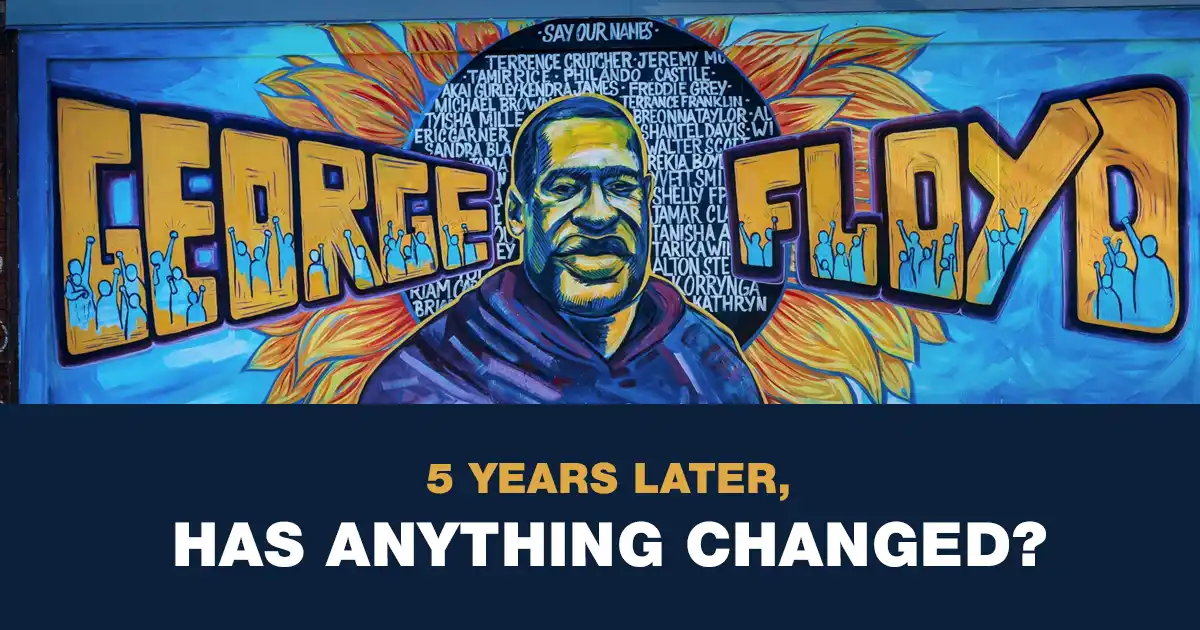
…We’ve given one party our votes for decades, but our neighborhoods still struggle with the same problems. It’s time to try something different.
In Part 1, we explored why minority voters should demand results, not promises. Now, let’s examine what the data tells us about the effectiveness of current approaches.
A new report from Pew Research Center reveals a troubling reality that minority voters can no longer ignore: five years after George Floyd’s death sparked nationwide calls for change, most Americans believe little has actually improved for Black communities. This disconnect between promises and results highlights why political independence – not automatic party loyalty – offers a better path forward for all minority voters.
The new Pew Research study released May 2025 reveals several findings that should concern every voter who cares about real progress:
These numbers aren’t just statistics – they represent real communities still waiting for meaningful change despite years of promises.
When any community gives one political party 90% or more of their votes, both parties respond predictably:
The result? A political monopoly where neither party faces real accountability for delivering results to minority communities.
For too long, many minority voters have been told their racial or ethnic identity should determine their political choices. This message disrespects voters’ intelligence and diminishes their political power.
The truth is that minority Americans hold diverse views on issues like:
A one-size-fits-all political approach fails to recognize this diversity of thought. Political independence allows voters to support candidates who best represent their values, regardless of party label.
More minority voters are embracing political independence:
This growing independence isn’t about shifting loyalty from one party to another – it’s about making both parties earn support through results.
Instead of voting based on identity, minority voters can demand results by:
The disappointing results from the last five years show that political loyalty without accountability doesn’t work. As one community leader put it: “We’ve given one party our votes for decades, but our neighborhoods still struggle with the same problems. It’s time to try something different.”
That “something different” is political independence – the freedom to vote your values, not your assigned identity. When politicians know they must earn your support rather than assume it, they work harder to address your community’s real needs.
Remember: Your vote is your voice. Use it to demand results, not just promises.
